Down and out: Capturing the punk spirit of '70s London
- Text by Miss Rosen
- Photography by Miron Zownir

In 1978, as trade unions organised widespread strikes and the economy fell into a period of staggering decline, the UK was barrelling towards the Winter of Discontent. With inflation rising, the Troubles in Northern Ireland escalating, and independence movements across the world in full swing it looked as though the sun had finally set on the British Empire.
That year, German photographer Miron Zownir packed a bag and hitchhiked his way through a heavy snowstorm from Berlin via Brussels and Ostend to London. As Zownir remembers it, “After almost three years in Berlin being rejected in film school, surviving from underpaid temp jobs, feeling kind of oppressed by that grey, seemingly futureless, walled in spirit, I was open for any change and London sounded as good or better than any other city in Europe.”
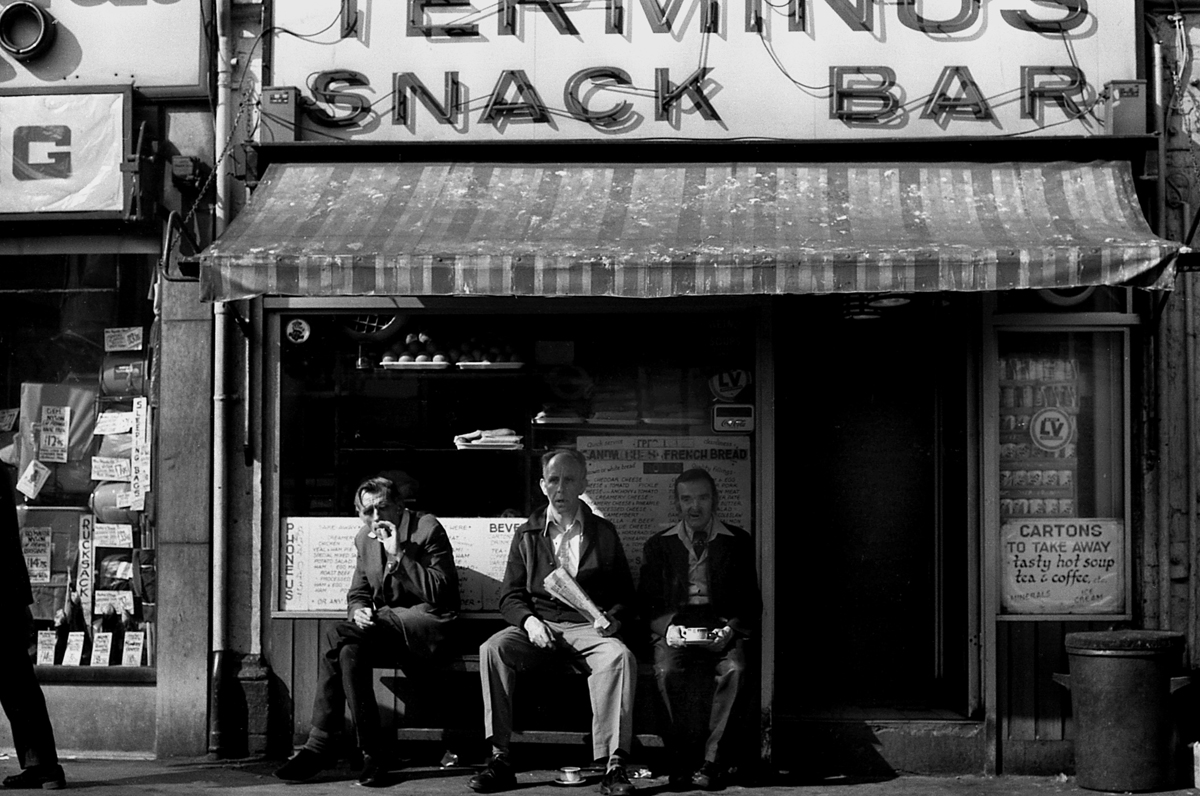
After finding a cheap flat in Earls Court, Zownir hitchhiked back to Berlin, borrowed his brother’s Volkswagen, and moved his things to London. Hailed by Terry Southern as the “Poet of Radical Photography,” Zownir embraced the emerging punk scene of the city, a distinctive mix of anarchy and utopia where the have-nots raged against the machine.
“In 1978 punk was very present, self-conscious and loud. But it started years earlier in the low-income areas of the big industrial centres in England, Belfast, and Dublin. It was a mixture of skinheads, anarchistic dropouts and nihilists,” Zownir says.
“I was intrigued by [punk’s] anti-establishment spirit, straightforward attitude and simple, basic, authentic and merciless music. Every punk seemed to carry ‘Nobody deserves a break’ as his motto. It was a cry out of the underdogs, an open revolt for a cultural change.”
Zownir’s photographs offer a portrait of London that echoes George Orwell’s 1933 memoir, Down and Out in Paris in London, which explores the lives of the homeless with an intimacy and tenderness rarely afforded to them. “Money has become the grand test of virtue. By this test, beggars fail, and for this, they are despised,” Orwell writes.
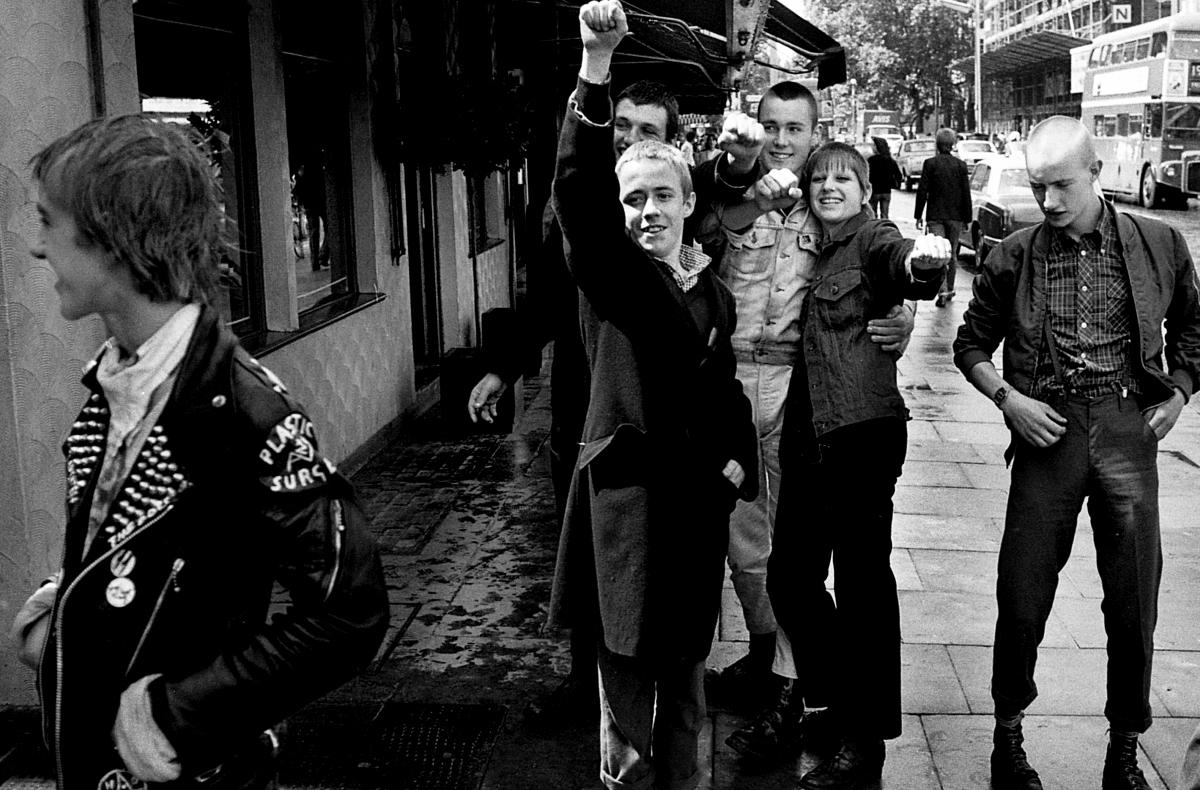
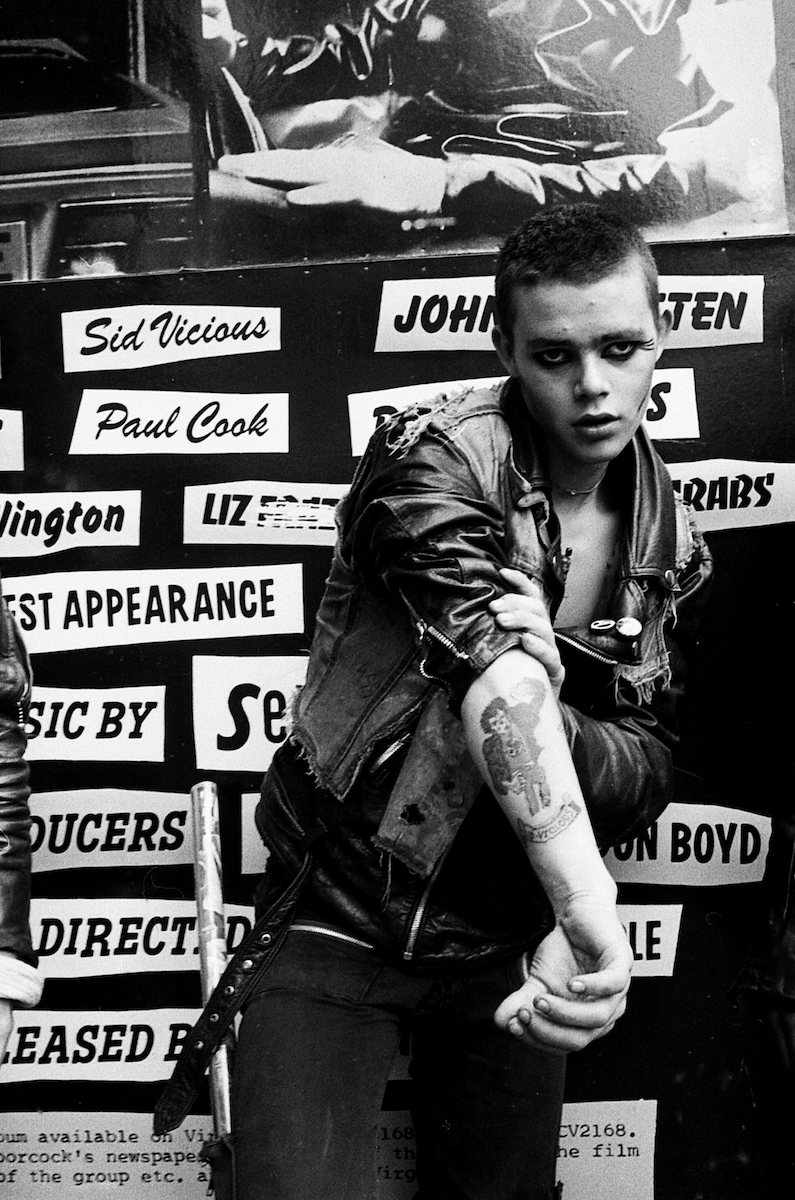
In this work, both Orwell and Zownir recognized the fundamental humanity and dignity that belies those forced to survive in the margins of society. “People who go to the extremes have to make it or burn out and end up in the gutter, as unfortunately many punks did. And the spirit that survived is a relic of the past.” Zownir says.
Despite the poor sanitation, dilapidated buildings, pollution, and abundance of crime, Zownir sees the ‘70s as a more fertile time. “Who could today hitchhike to London, get an affordable flat, a temp job or even social support and use his free time to take photos?” he asks.
“There were many loopholes, squatters, even some hippie spirit left — more analogue communication, less isolation, more funk, more hope and even the hate was concentrated to one clear nemesis and not diffused by multitudes of real and imaginary enemies. All in all, it was a much less polarised time.”
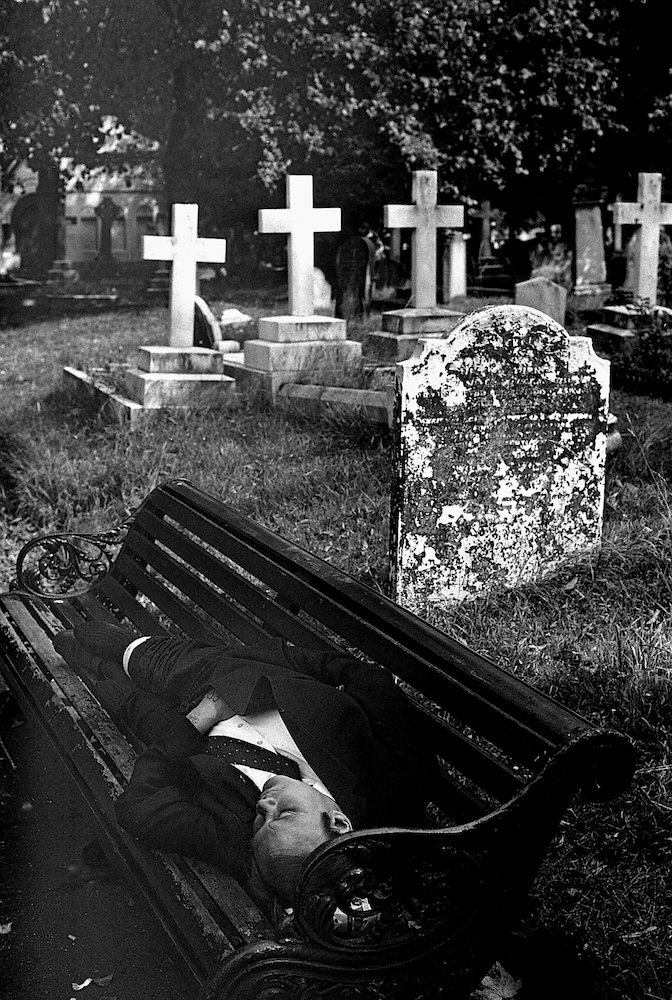
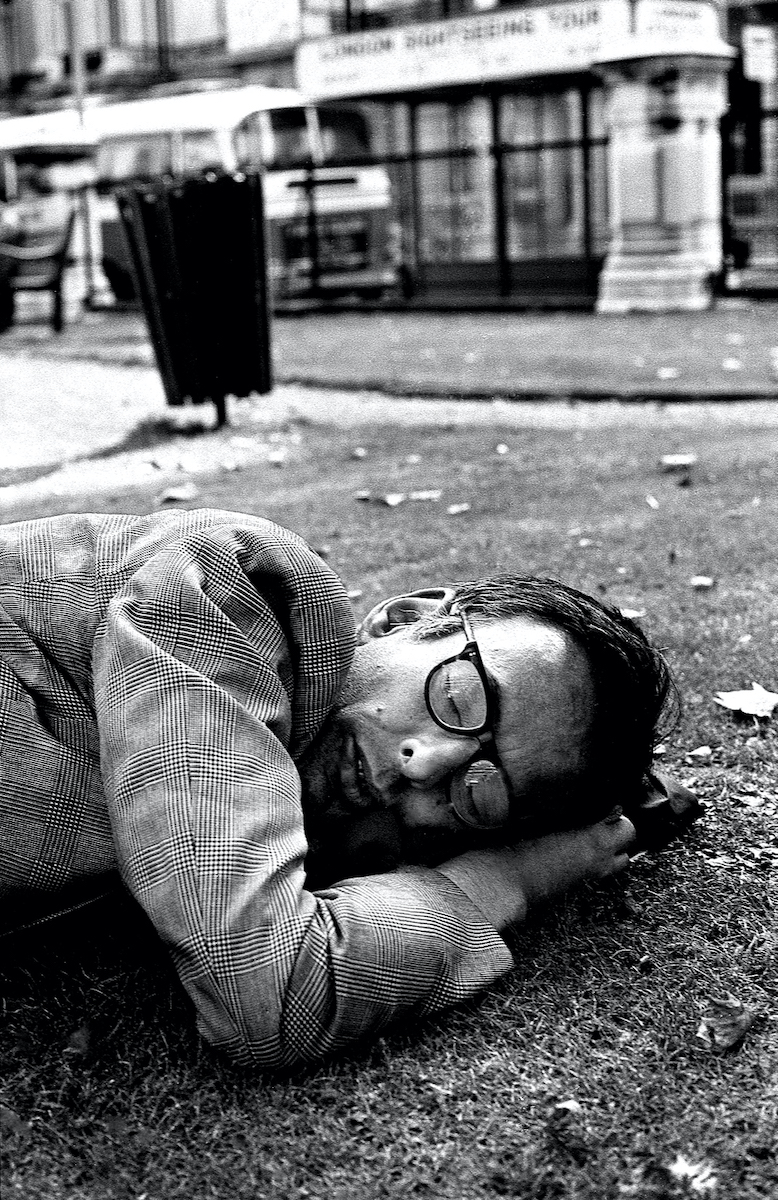
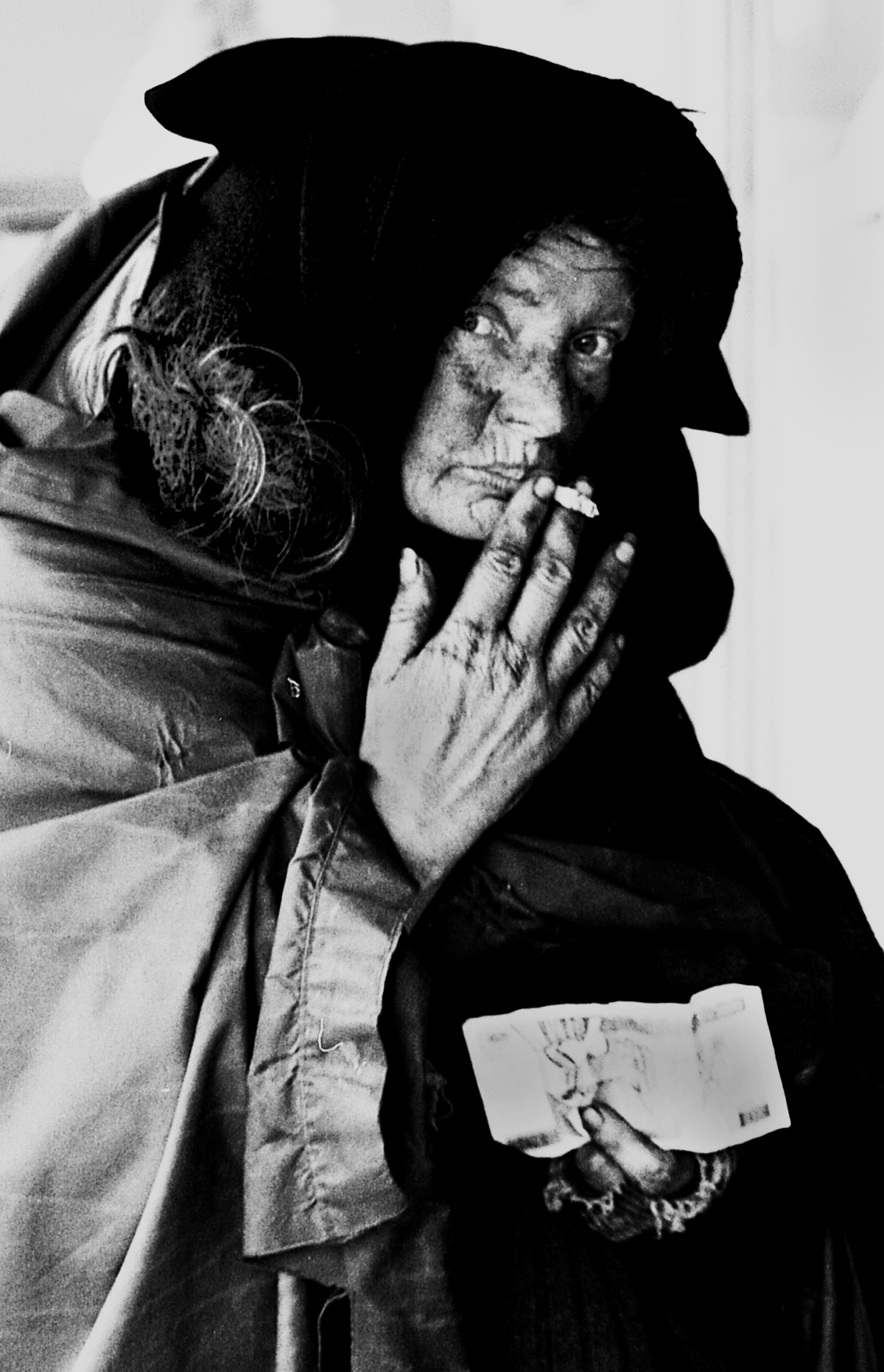
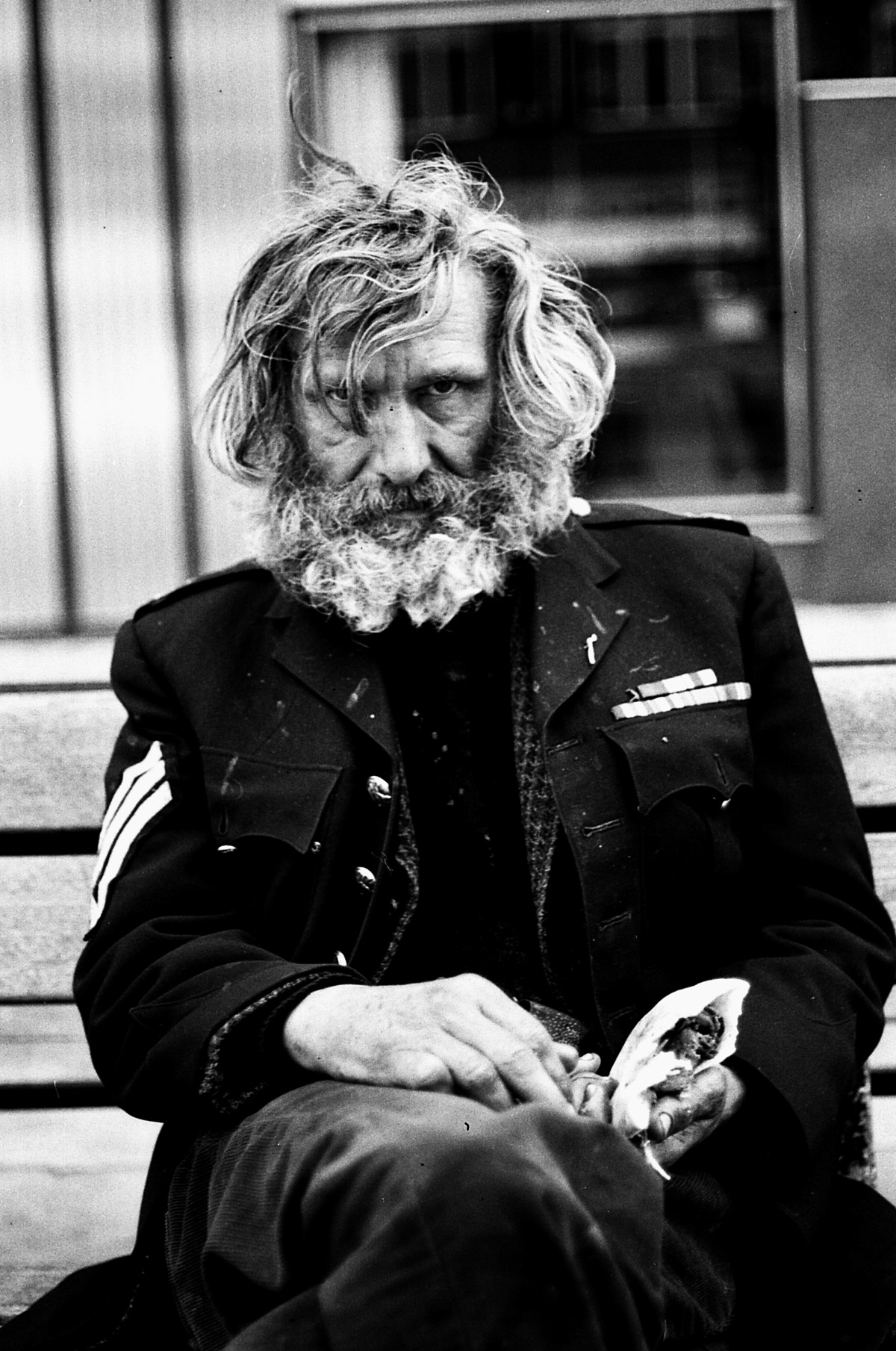
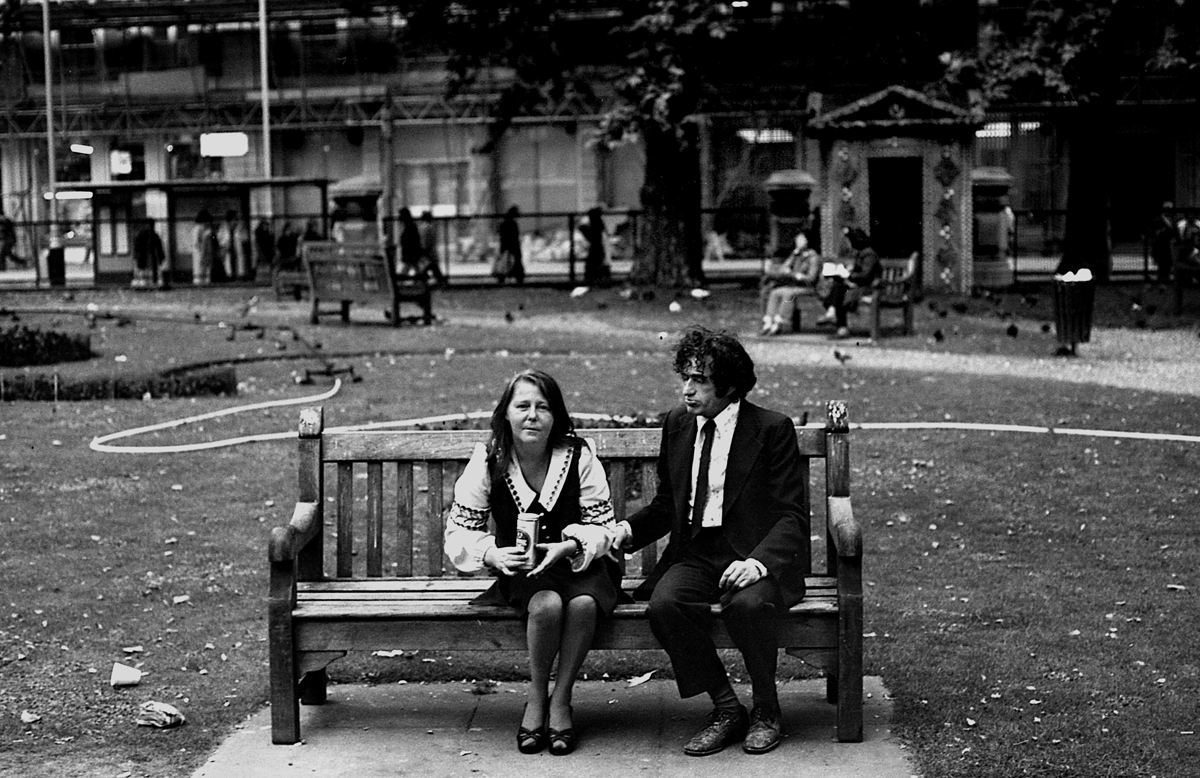
Follow Miss Rosen on Twitter.
Enjoyed this article? Like Huck on Facebook or follow us on Twitter.
You might like

Brian Eno announces Palestine fundraiser concert at Wembley Arena
Together for Palestine — It will take place on September 17, with “every penny donated” going to humanitarian relief in Gaza via Choose Love.
Written by: Ella Glossop

Will internet age verification actually work?
VPN Summer — With the Online Safety Act coming into force over the weekend, the UK woke up to find pornography, but also any content deemed “harmful” hidden behind an ID wall. But young people are far too tech savvy to be deterred, explains newsletter columnist Emma Garland, who also warns of the dangers of mass data harvesting.
Written by: Emma Garland

Raquel Martins: “I was trying to track down this uncomfortable, groundless feeling”
What Made Me — In this series, we ask artists and rebels about the forces and experiences that shaped who they are. Today, it’s Latin-soul singer-producer Raquel Martins.
Written by: Raquel Martins

Inside the fight against Japan’s ‘nuisance streamer’ epidemic
The business of brain rot — Taking advantage of a culture of tolerance and unwritten social rules, streamers searching for virality are increasingly targeting the far east country with outlandish stunts and pranks. As outrage builds towards foreign creators, ‘responsible streamers’ are speaking up.
Written by: Sophie Holloway

Jake Hanrahan: “Boys can cry, but we don’t all fucking want to”
Hard Feelings — In the latest edition of our column on masculinity and fatherhood, Rob Kazandjian speaks to the conflict filmmaker-journalist and Popular Front founder about his childhood, the found family and community at his Muay Thai gym, and the “complete counterculture” of ‘no rules’ fighting.
Written by: Robert Kazandjian

Euphoric portraits of queer joy and resistance at Trans Pride Brighton
Let us piss — Now over a decade old, the event grew to become Europe’s largest trans pride march. In a year when trans rights have come under the microscope more than ever, we went to this year’s edition, finding grassroots unity and collective rage.
Written by: Ella Glossop

